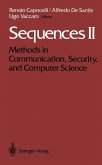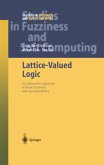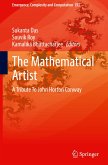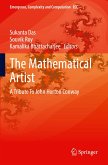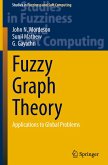This book presents an up-to-date account of research in important topics of fuzzy group theory. It concentrates on the theoretical aspects of fuzzy subgroups of a group. It includes applications to abstract recognition problems and to coding theory. The book begins with basic properties of fuzzy subgroups. Fuzzy subgroups of Hamiltonian, solvable, P-Hall, and nilpotent groups are discussed. Construction of free fuzzy subgroups is determined. Numerical invariants of fuzzy subgroups of Abelian groups are developed. The problem in group theory of obtaining conditions under which a group can be expressed as a direct product of its normal subgroups is considered. Methods for deriving fuzzy theorems from crisp ones are presented and the embedding of lattices of fuzzy subgroups into lattices of crisp groups is discussed as well as deriving membership functions from similarity relations. The material presented makes this book a good reference for graduate students and researchers working in fuzzy group theory.
From the reviews of the first edition: "The purpose of this book is to present an up to date account of fuzzy subgroups of a group, it is the first book dedicated entirely to the rapidly growing field of fuzzy group theory. ... The book represents a major contribution to the literature on fuzzy groups. It is indispensable for researchers in this field, but also highly suitable as textbook for students at the graduate level." (Xie Xiang-Yun, Zentralblatt MATH, Vol. 1082, 2006)



